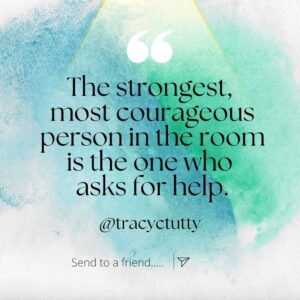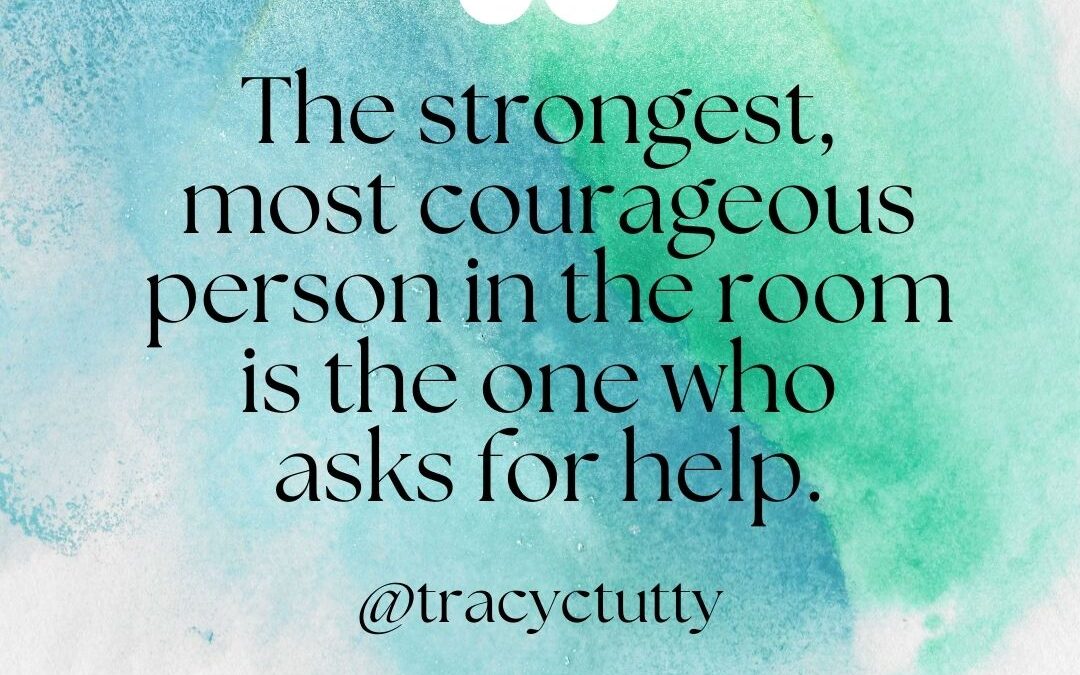I often see patients who are stressed out because they’re dealing with so much. They’re juggling multiple priorities at work and at home. And they need to find a way to function at their optimum.

They often have big hearts, and they want to do the best for everybody. Everybody except themselves that is.
They’re spinning the plates, but they’re worn out. When you are in this state, sooner or later a plate will drop.
They know something has to change. They begin working out or working out more, they start taking energy boosting supplements, they’re on a three coffee morning, when really they only needed one before. They try to fix it by getting new tools, apps or taking another course – anything that promises to help you be more productive, and more focused. But the foundation is wonky.
The problem with trying to do more to fix feeling overwhelmed
It’s not about squeezing more into your day. It’s about resetting your nervous system so that you have the capacity to respond rather than react. To think deeply and critically, and to be present for your team and for your loved ones. You can’t do that if your nervous system is frazzled. It’s like putting a BandAid on a severed artery. It’s simply not a long term viable option.
Choosing calm can be uncomfortable

Stepping into calm proactively and on purpose can be scary.
We may feel that we’ll be in trouble because we’re not getting things done. This is particularly relevant if you work in an environment where you’re rewarded for busy work rather than the solely high impact work.
You may worry about whether you’ll ever catch up. But the fact is that when you’re in this state, sooner or later, your body will request a moment of calm.
Proactively choose to do it and you get to manage your workload through effective communication and delegation. It’s a temporary thing while you reset and put the strategies in play that will prevent you from getting to this place in the future. Choose to ignore how you’re feeling and your body will request time out. It will be at a time that’s inconvenient and the reset time is going to be so much longer.
Making downtime work for you
So what is this downtime about? It’s all about soothing your nervous system rather than stimulating it.
Leave out the stimulants for five days and notice how you feel before, during and after it. I’d recommend consulting with your herbalist so that you can enjoy a tonic along the way and that’s going to restore your nervous system.

We use a combination of nervines and adaptogens to help you reset.
For example, herbs like Ashwaganda, Green Oatstraw, Chamomile, Rose, Lemon Balm or Lavender.
Active Recovery Activities
Choose activities like walking in nature, colouring in, yin style yoga, tai chi or meditation. Our goal here is to bring in more periods of intentional relaxation so that you give your nervous system an opportunity to relax and to reset.
Sleep aids recovery
Dial in your sleep. This is so important. Check out our episode called Sleep. The Ultimate Productivity Hack for tips on improving the quality of your sleep and your ability to get to sleep. Great sleep is largely the result of sleep inducing habits and rituals that signal it’s time for sleep.
The most common mistake that leads to burnout
One of the most common mistakes that I see in clinic is when people choose herbs, supplements or habits that stimulate. We mistake feeling drained or worn out with needing to pump ourselves up. This is a surefire way to get to a point of burnout. Don’t ignore the signs.
Signs of burnout
- Do you find yourself holding back rather than engaging with workmates or loved ones?
- Do you sometimes feel at the mercy of the world; you feel helpless and alone?
- Do you hear yourself talking negatively more often about things or are friends telling you that this is the case?
- Feeling overwhelmed, exhausted or cynical?
- What are you looking forward to?

If any of these questions have struck a chord, talk to somebody.
Work with your body by expressing how you’re feeling and seek out activities that soothe and nurture you.
My experience of burn out
You see, there was a time in my life where I woke up one morning and I simply didn’t have the energy to get out of bed. I thought I’d been coping. But I had been running on empty for a very, very long time. In fact, so long that I didn’t recognise it because I thought that was my normal.
My only goal that day was to have a shower. And it was a long road to getting back to me.

So if you’re wondering if that could be you. Don’t pretend it isn’t.
Work with somebody who can support you.
Soothe and nurture your body and be gentle with yourself.

